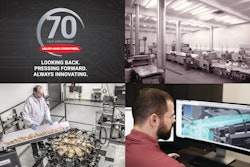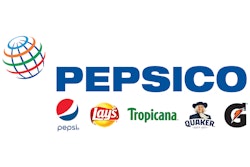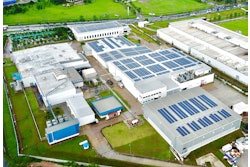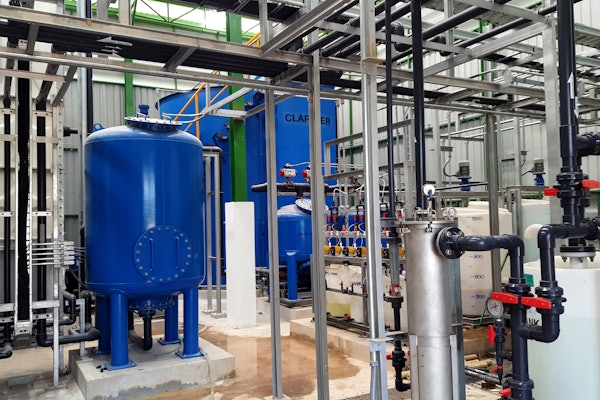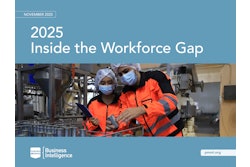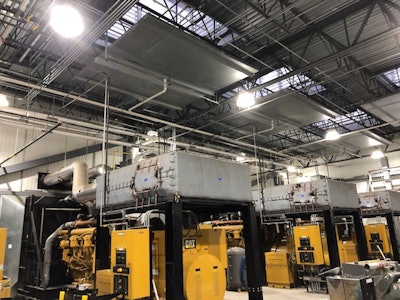
Smithfield Foods is on a mission to replace high-intensity discharge lamps (HIDs) in all of its facilities. Once the company locked in the lowest price for LED light fixtures, its Kinston, N. C. facility began its replacement project. All Smithfield facilities are working on LED light replacement projects.
Back in 2018, the Kinston facility upgraded the lighting in its ammonia engine room to meet new International Institute of Ammonia Refrigeration standards. That upgrade was done with LEDs that provided more foot candles and safety. In the event of an emergency, hazmat teams would have instant-on lighting. This project helped to drive future LED light installations.
“By using a one-for-one replacement fixture, the installation was quick and easy,” says Charlie Prentice, environmental coordinator for Smithfield Foods. “No extra hardware was needed. Using a one-man lift, our in-house electrician was able to easily remove the old fixtures and install the new in a minimal amount of time.” The new lights also have a 10-year warranty.
Because of some equipment locations, a one-person lift would not fit directly under some light fixtures. Smithfield left those fixtures for last and replaced them later when the facility rented an articulating lift for other projects, providing even more cost savings.
Smithfield's Kinston facility had 719 HID light fixtures, with the vast majority using 400-watt bulbs. LEDs use a fraction of the energy and produce many more foot candles. Because they produce instant-on lighting, they provide a safer environment for our employees, explains Prentice.



